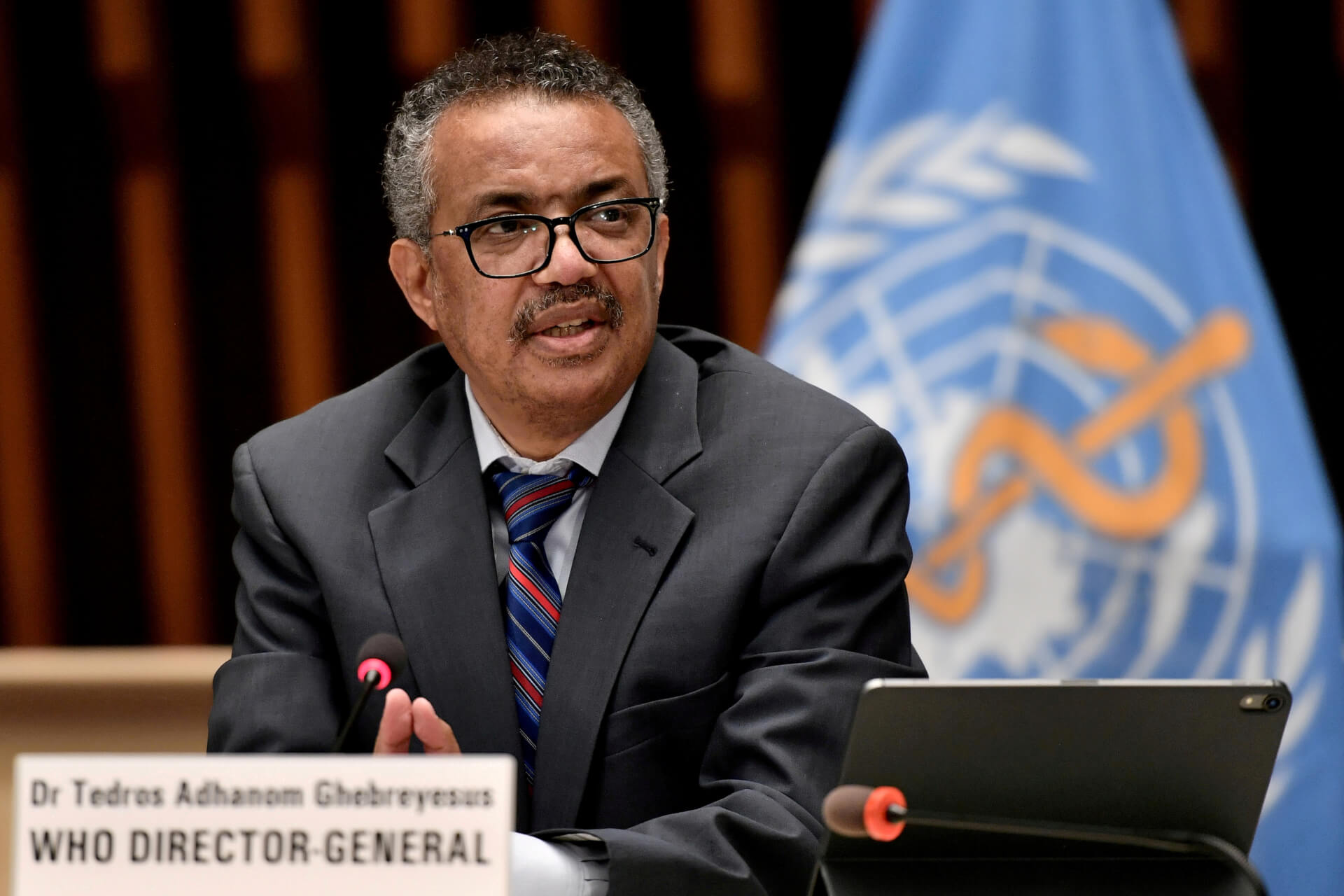The World Health Organization (WHO) and India signed an agreement late last month to set up a Global Centre for Traditional Medicine in Gujarat to ensure “safe and effective” access to traditional medicine across the globe, with New Delhi investing $250 million to “improve the health of the people and the planet.”
India's ministry of Ayush & WHO sign pact in Geneva to establish Global Centre For Traditional Medicine in Jamnagar. Centre will contribute in promoting traditional medicine globally through R&D, training pic.twitter.com/0qajo5MS6l
— Sidhant Sibal (@sidhant) March 26, 2022
Traditional methods of medicine combine knowledge, skills, and practices that have developed across cultures over time to treat, prevent, and diagnose physical and mental illnesses; some common forms include acupuncture, Ayurveda, and herbal medicines. Crucially, 40% of pharmaceutical products are derived from natural ingredients.
India witnessed a surge in reliance on alternate medicine during the COVID-19 pandemic. In fact, Prime Minister (PM) Narendra Modi shared several recommendations by the Ministry of AYUSH (Ayurveda, Yoga & Naturopathy, Unani, Siddha and Homeopathy) to combat COVID-19. According to an online survey by the Indian Council of Medical Research (ICMR) and the National Institute of Nutrition (NIN) in Hyderabad, from January 2020 to June 2021, a growing number of users reported an increase in the intake of traditional Indian spices like ginger and garlic, which are reported to enhance immunity. Furthermore, a rise in internet users looking for ayurvedic decoctions to boost immunity was also seen.
Read more: Ayurveda vs Modern Medicine: The Dangers of “Mixopathy”
According to statistics cited by WHO, about 80% of the world uses traditional medicine. However, in most countries, there is no integrated domestic or international mechanism or body to regulate practices, facilities, and courses. Consequently, 170 out of 194 WHO-member nations that report the use of traditional medicine have sought assistance from the Organization for evidence and data on valid practices and products.
While speaking on the issue, WHO Director-General Tedros Adhanom Ghebreyesus highlighted that traditional forms of medication are the “first port of call to treat many diseases.” He thus argued that it is critical to ensure access to “safe and effective treatment” via these methods. In this regard, he celebrated the agreement between India and the WHO, which he said would “help to harness the power of science to strengthen the evidence base for traditional medicine.”
WHO & the Government of #India🇮🇳 today agreed to establish the WHO Global Centre for Traditional Medicine, to maximize the potential of traditional medicines through modern science and technology https://t.co/KlkDdDB3LK pic.twitter.com/Ca5V7GcCAG
— World Health Organization (WHO) (@WHO) March 25, 2022
Likewise, PM Modi also applauded the agreement, which he celebrated as a combined effort of the WHO and its Ministry of AYUSH, saying that the centre would promote India’s vision to make “preventive and curative healthcare, affordable and accessible to all.” Similarly, Minister of AYUSH Sarbananda Sonowal noted that India is in the best position to become the global pioneer in yoga and traditional methods of medicine. “This is great news for the practitioners, and stakeholders of the Ministry and industry of AYUSH. This is a traditional system of medicine which has not only won the heart of the people of the country but also the people of the world,” he added.
India is honoured to be home to a state-of-the-art @WHO Global Centre for Traditional Medicine. This Centre will contribute towards making a healthier planet and leveraging our rich traditional practices for global good. https://t.co/w59eeIKR5g
— Narendra Modi (@narendramodi) March 26, 2022
The centre, which will be inaugurated in Jamnagar on April 21, intends to introduce “a solid evidence base or policies and standards on traditional medicine practices and products.” It will also work on facilitating appropriate practices in their healthcare systems and set up a mechanism to regulate the quality and safety of the products. The four identified areas of focus are “evidence and learning, data and analytics, sustainability and equity, and innovation and technology to optimise the contribution of traditional medicine to global health and sustainable development.”
Ministry of #Ayush has today signed the Host Country Agreement with World Health Organization for establishing WHO Global Centre for Traditional Medicine in India at Jamnagar, Gujarat, with its interim office at the Institute of Training and Research in Ayurveda in Gujarat. pic.twitter.com/w9WBV4gdgJ
— Ministry of Ayush (@moayush) March 25, 2022
Meanwhile, Sonowal also met with Mexican Secretary of Foreign Affairs Marcelo Ebrard last month to discuss cooperation in traditional medicine. Sonowal informed Ebrard that India had already developed a “robust infrastructure” for its AYUSH systems and has regulated traditional systems for over 50 years. Furthermore, he pointed out the various benefits the Mexican healthcare system could derive from existing systems of traditional medicine in India. “I would like to propose a country-level MoU (Memorandum of Understanding) between Ministry of Health, Mexico and Ministry of AYUSH for cooperation in the field of traditional medicine,” he added.

